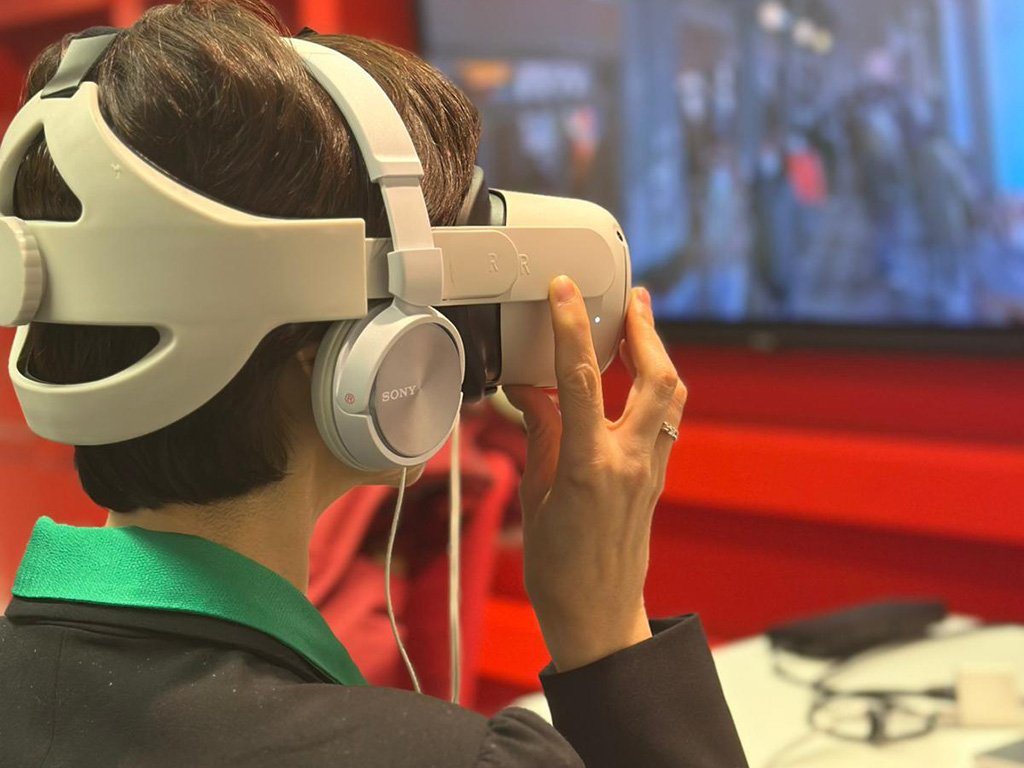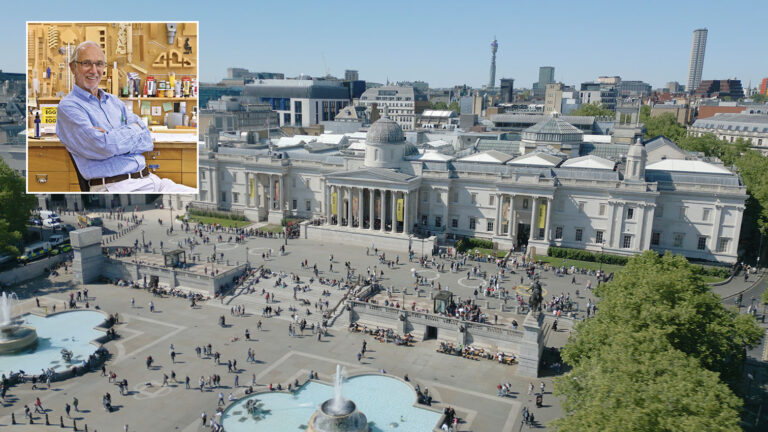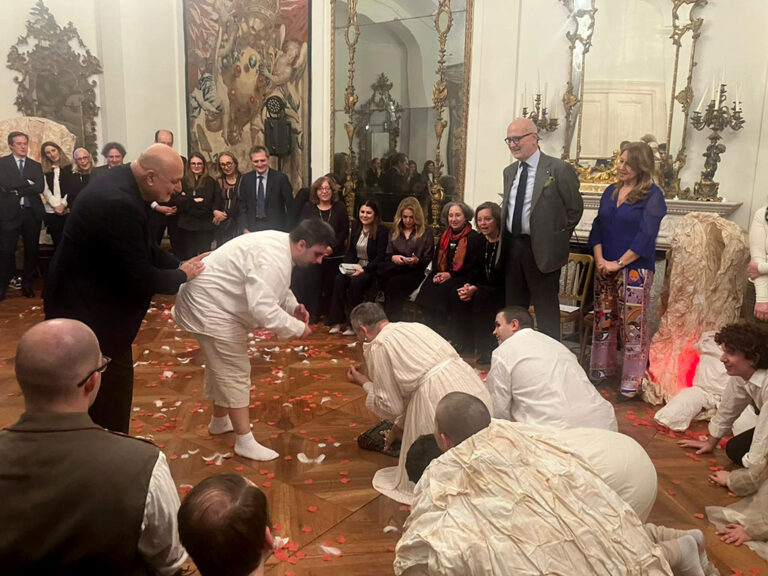
In the first initiative of this kind at a global level Italy has created a Virtual Museum on Cultural Heritage which allows participants to virtually explore the Italian cultural heritage of cities such as Venice, Rome, Florence, Bologna, Ferrara, Modena, Ravenna and Benevento offering an example of digital interpretative exegesis of cultural heritage that combine different digitisation models.
This initiative, promoted by the Italian Ministry of Foreign Affairs together with the Italian Ministry of Culture, was presented at the IV International Symposium on Cultural Heritage which took place in Glasgow at the University of Strathclyde from the 5th to the 8th of December, with the special participation of the Consul General of Italy to Scotland and Northern Ireland Veronica Ferrucci and the Director of the Italian Institute of Culture in Edinburgh, Chiara Avanzato.
Experts coming from all around the world gathered in Glasgow for the IV International Symposium on Cultural Heritage in order to find innovative approaches and promote policy responses for a more effective protection of cultural heritage, both in time of war and peace.
By building cultural bridges between countries and celebrating cultural diversity, the Symposium aimed to share knowledges on cultural heritage, peace, international security and human rights. In the belief that digital language can be a fundamental tool for promoting the importance of cultural heritage and providing a further possibility of conservation, the Conference hoset the Virtual Museum on Cultural Heritage promoted by Italy.
The International Symposium was the first step towards a long-term and comprehensive commitment of the Heritage International Institute (HII) for the promotion of Scottish cultural heritage. The HII and the Italian Institute of Culture in Edinburgh, in collaboration with the relevant authorities, aim to digitise in 2025 tangible heritage in Scotland – including Scottish Museums – and intangibles heritage, starting from the production of Scottish whisky.
LaRedazione




